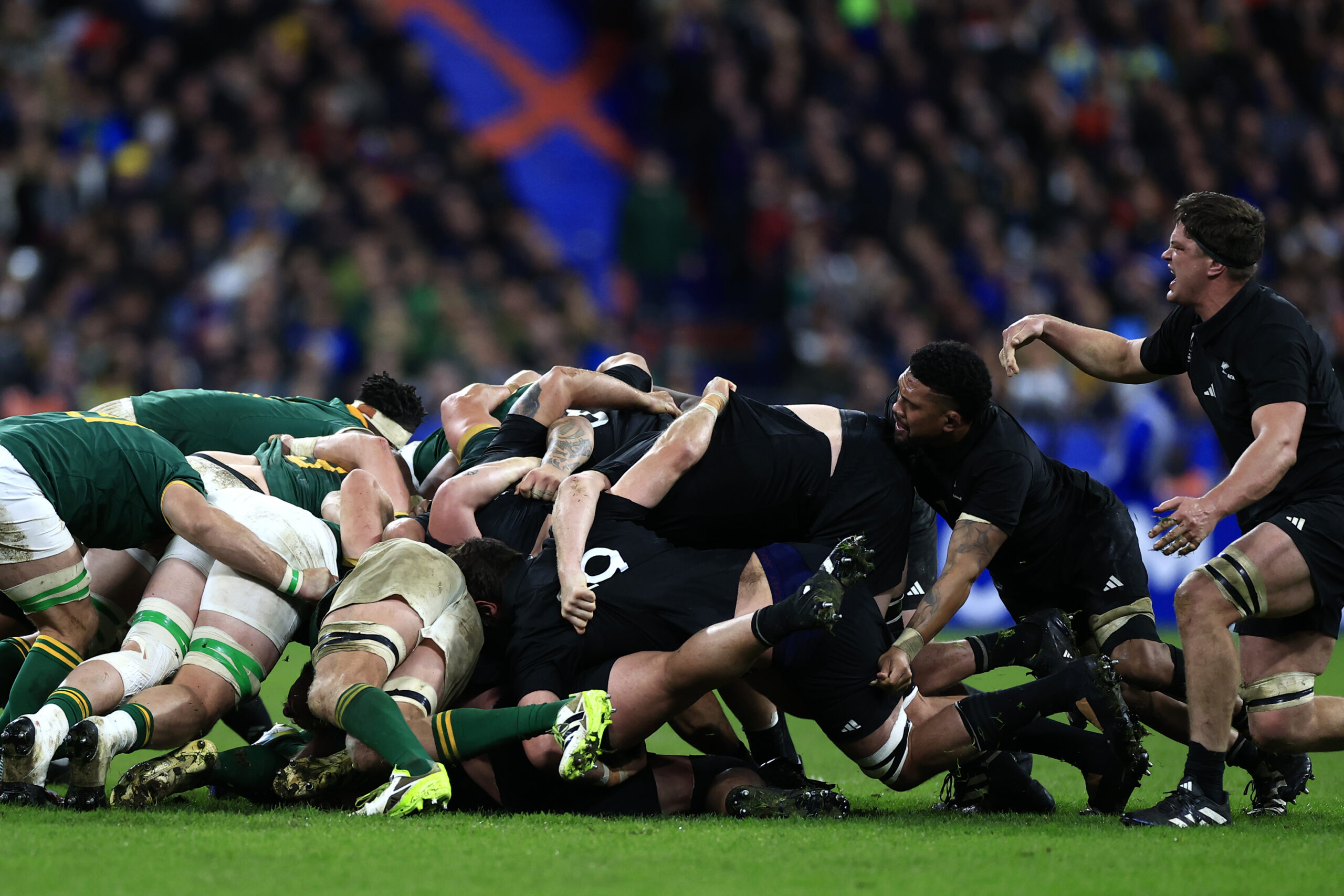WELLINGTON, New Zealand (AP) — A New Zealand professional rugby player who died last year was suffering from a brain injury likely related to repeated blows to the head.
Billy Guyton’s brain, which was donated by his family to the Human Brain Bank at the Auckland Neurological Foundation for examination, showed signs of stage 2 chronic traumatic encephalopathy. He died last May at age 33.
Guyton was a scrumhalf for the New Zealand Maori team and played Super Rugby for the Auckland-based Blues, the Christchurch-based Crusaders and Wellington-based Hurricanes.
The report said Guyton had “background changes consistent with global hypoxic ischemic encephalopathy,” a term for a brain injury.
CTE was noted by a New Zealand-based pathologist and the brain was sent to an Australian pathologist for a second opinion and “it was he who gave it the Stage 2 designation,” professor Maurice Curtis of the Brain Bank said.

CTE is a degenerative brain disease known to cause violent moods, depression, dementia and other cognitive difficulties, CTE has been linked to the repeated hits to the head endured by football, rugby and hockey players, boxers and members of the military.
Researchers have found evidence that the severity of the symptoms is increased for those who sustained concussive or sub-concussive blows at a younger age.
CTE can only be diagnosed posthumously. Stage 1 is classified as mild at stage 4 as severe.
“There are a limited number of modifiable risk factors in this case and concussions and head knocks are certainly one of them,” Curtis said.
Stage 2 symptoms include irrational outbursts and severe depressive episodes.
Billy Guyton’s father John Guyton told Radio New Zealand those symptoms clearly described his son’s behaviour.
“The poor guy would spend hours in a small, dark cupboard because he couldn’t handle being in the light,” John Guyton said. “Some mornings he’d just sit in the bottom of his shower tray crying, trying to muster up the energy to get moving.”
In a statement, New Zealand Rugby said it will continue to take steps to reduce the danger of head impacts at all levels of the sport.
“This includes the introduction of smart mouthguards, lower tackle height, contact guidelines, law changes, compulsory education for community coaches and many other initiatives,” it said. “NZR is also supporting world-leading research to better understand the long-term impacts of participation in rugby including a focus on understanding any link between concussion and long-term brain health.”






